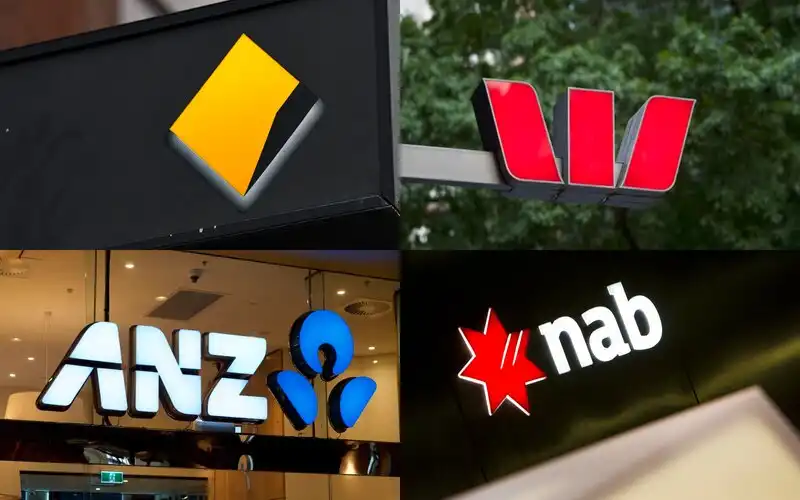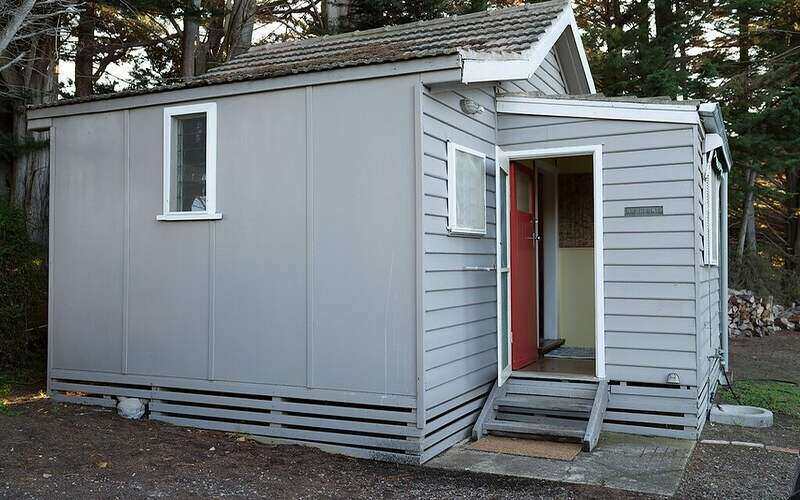That's according to global consultancy firm Deloitte, which has published its annual Australian Mortgage Report, giving insights into what the industry expects for the year ahead.
But for that to happen, NAB's General Manager of Home Lending Paul Riley said there needs to be more housing construction, consumer income and confidence - all of which are currently in short supply.
"There are very few houses available for sale at the moment. This is impacting house prices, and the ability for many customers to be able to get on the housing ladder or be looking for their next house," Mr Riley said.
"If you take recent market data, supply is down 13-15% year on year in terms of the number of houses in market. Future building and renovation permits are also lower, and consumer confidence is at the lower end of the scale.
"For the market to sustainably grow, we need to be building more houses and for customers to have more income and confidence."
The Deloitte roundtable also asked what the likely outcomes would be across a number of aspects around mortgage lending in 2020.
If you're a borrower or are thinking about taking out a home loan, here's what to expect this year.
More first home buyers in the market
With the First Home Loan Deposit Scheme well underway, many of those surveyed said first home buyers would be the customer segment with the greatest growth in 2020.
But some of the major banks displayed concern at first home buyers getting into the market.
NAB's Mr Riley said "it still remains a very challenging situation for first home buyers".
"The Federal Government's scheme is a really positive step. For the customers who utilise the scheme, it will certainly quicken their time to achieving having their own home. The largest challenge for this segment is raising the 20% deposit while keeping pace with market price growth," he said.
ANZ's General Manager for Home Loans John Campbell said affordability for first home buyers remains a challenge.
"For a medium-priced home in Sydney it still takes around 11 years to save for a 20% deposit. Melbourne is a little better at 9.6 years, while the national average is 8.6 years," Mr Campbell said.
"Banks are doing our bit to support first home buyers, so it is not a question of desire or ability to make credit available to that segment, but more about how to get them into the market responsibly."
Open banking to put power in hands of borrowers
With open banking set to roll out later this year, the biggest impact it would have on borrowers is more competitive, tailored products.
ING's Head of Third Party Glenn Gibson said the benefits of open banking could be huge if customers can put their trust in it.
"The uptake of technology will be completely driven by customers, with the benefits usually the driver of this uptake. There is no doubt customers are concerned about their data and this is also where trust is vital," Mr Gibson said.
"I certainly think there'll be massive benefits to customers when organisations leverage the opportunities of open banking and deliver amazing new customer experience. We will really start to see the opportunities open banking can deliver when customers can see the benefits for themselves."
But Equifax Group Managing Director Lisa Nelson was less positive.
"Until the industry can offer amazing consumer value, I believe it [open banking] is a lot of hype right now," Ms Nelson said.
"You need to have a rock star consumer value proposition to get the customer to engage in open banking."
Crackdown on 'liar loans'
Lenders are looking to protect themselves by cracking down on those who lie on their home loan applications.
At an Australian Retail Credit Associated conference, Ms Nelson said "there was a lot of conversation around how to hold consumers accountable".
"One of the issues that bubbled up was about consumer accountability and truth telling. We dug into that as part of our Comprehensive Credit Reporting data for research, working on it with the larger lenders. We can see that at least 36% of a consumer's debt was not disclosed when they made an application," Ms Nelson said.
ANZ's Mr Campbell said while not being fully aware of all your outstanding credit cards is understandable, "not disclosing all outstanding debts is more difficult to comprehend."
Borrowers turning away from the big four
Ms Nelson said with the big four banks losing their market share, the focus is on newer players.
"If you look across all the four big banks from February 2018 to September 2019 - the big four have dropped about 4% market share in total. Fintechs are on the rise, but still nascent," she said.
One of those fintech lenders is Athena. Co-founder and CEO Nathan Walsh said there have been two key drivers behind the billion dollars of home loans they've written since launching.
"There has been a significant loss of trust in incumbent lenders. The majority of borrowers do not know their current rate of interest - and historically this has caused a bias towards borrowers simply accepting the loan they are in," Mr Walsh said.
"Customers are saying: 'I don't know the current rate on my loan, but I know it doesn't start with a two' as a prompt to action and a prompt to think differently."
ANZ's Mr Campbell said the bigger banks need to step up to the plate.
"Clearly when customers are choosing to use a specific channel, they are telling us there is something they find easier, simpler or faster," he said.

Ready, Set, Buy!
Learn everything you need to know about buying property – from choosing the right property and home loan, to the purchasing process, tips to save money and more!
With bonus Q&A sheet and Crossword!



 Denise Raward
Denise Raward
 Harrison Astbury
Harrison Astbury
 Harry O'Sullivan
Harry O'Sullivan

 William Jolly
William Jolly

